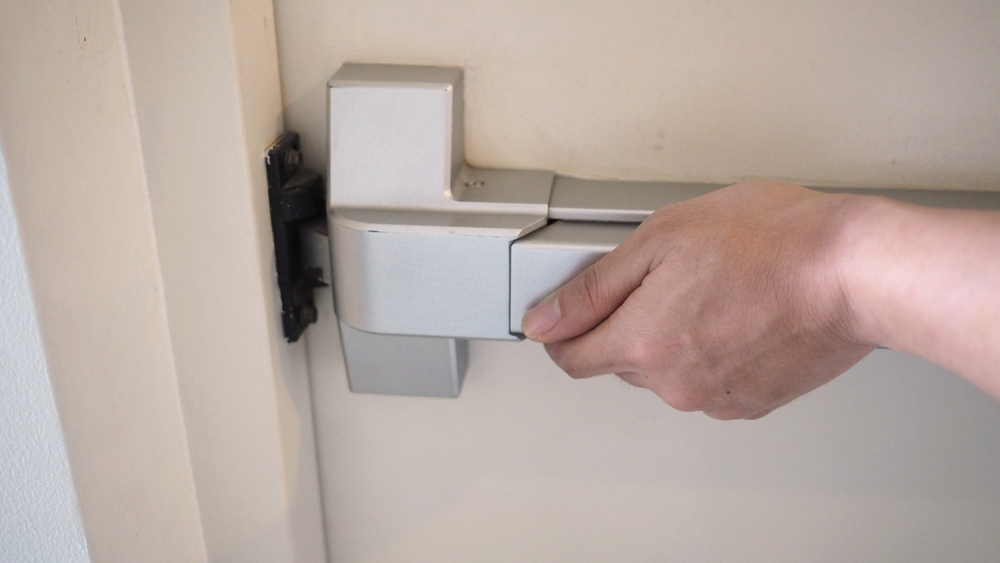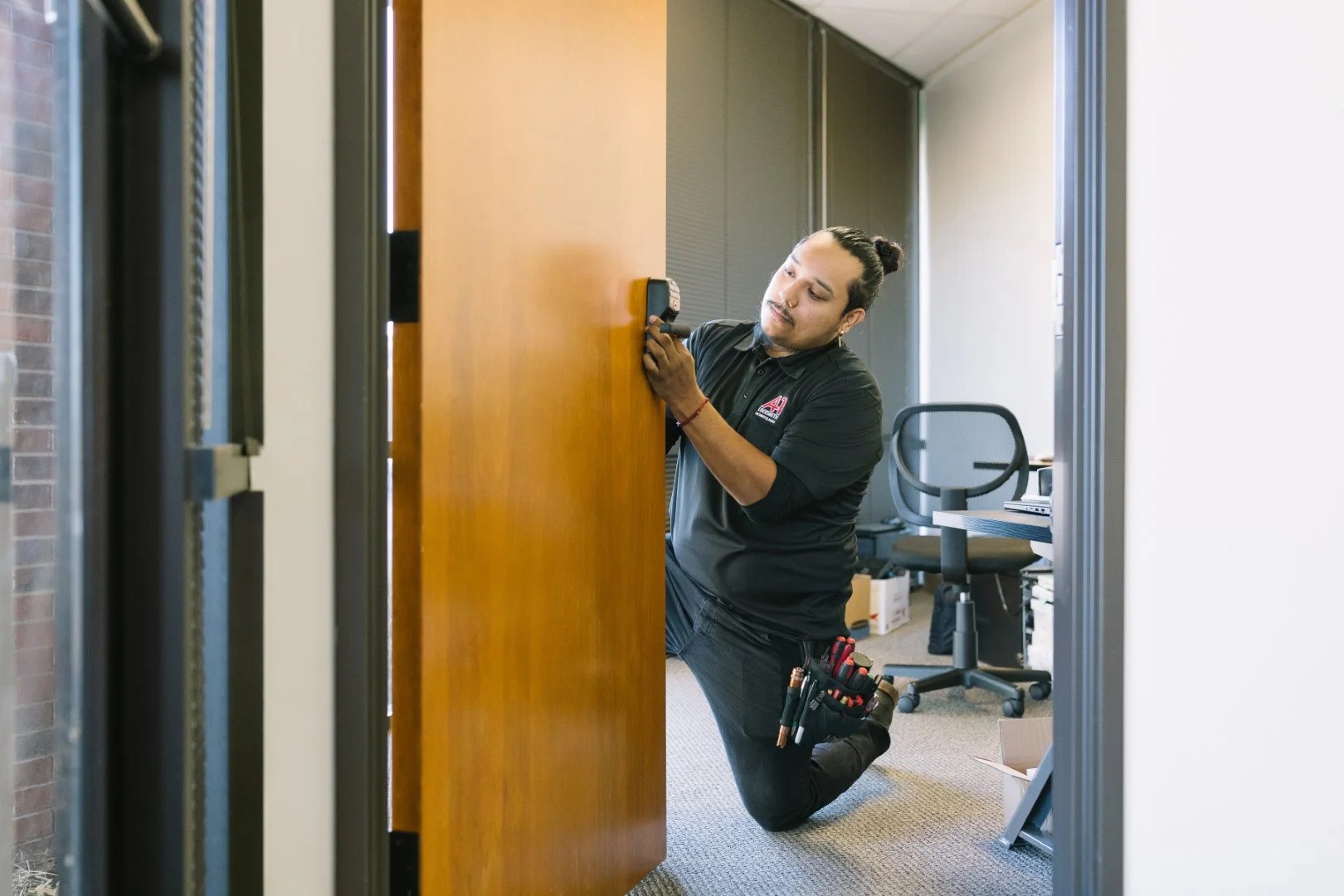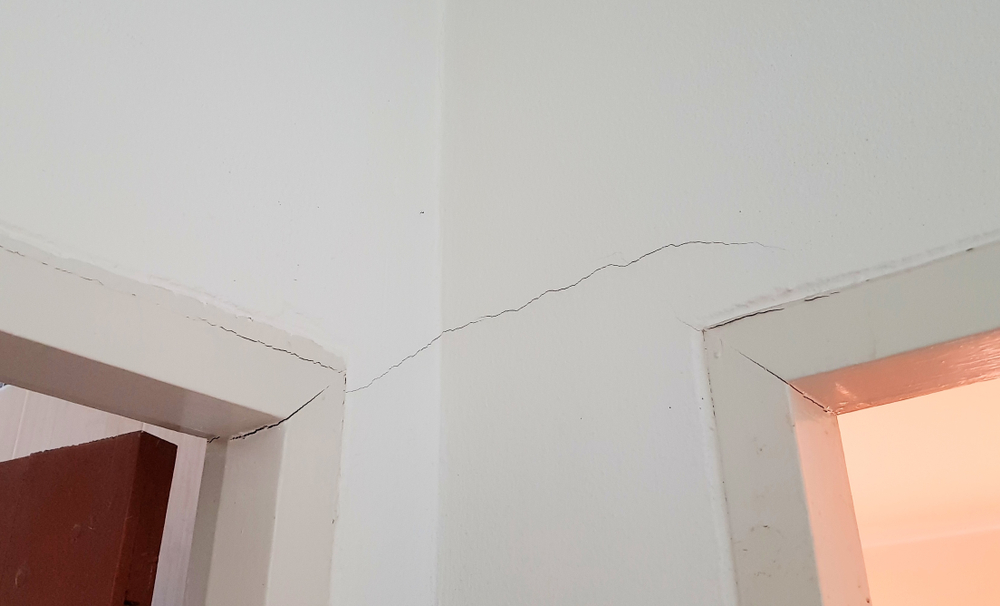Did you know that in Texas, as in many states, Locksmith are required to maintain certifications, licensing and undergo extensive training before they engage in, legal, locksmith services? Turns out it takes more than a lock pick and a set of keys to ensure the safety and security of someone’s home and possessions. Wondering if your locksmith makes the grade? Read on for the stringent requirements the state applies to ensure your peace of mind with your chosen security professional.
Obey the Local Authority
When it comes to rules and regulations surrounding locksmiths, the Texas Department of Public Safety, Regulatory Services Division – Private Security Bureau (PSB) are the regulatory authority in charge of setting standards and maintaining licensing requirements. Before you even begin thinking about becoming a locksmith you’ll have to complete a background check to confirm you’re free of convictions, serious arrests and other felonious behavior. Wouldn’t do any good teaching criminals how to pick a lock, now would it?
More Testing Than You Can Shake a Stick At
Once you’ve passed the initial hurdle, there’s several routes you can take to becoming a licensed locksmith in charge of your own establishment. The first route involves a combination of a 48-hour certification course, 600 hours served at a locksmith trade school and working for a qualified locksmith for a year. If that seems a bit, onerous, you can also find a local locksmith company that’s a member of a certified trade union and convince them to take you on for a two-year internship.
At the end of either approach you’ll be required to pass a Federal background check and take something called the PSB’s Qualified Managers exam. The exam is a far-cry harder than your last driver’s ed test. Exam takers will need to be familiar with all of the laws that govern the locksmith profession, contained within the Texas Occupations Code, Chapter 1702 and the Texas Administrative Code, Chapter 35. If you pass the exam, and that’s a big if, the state will then verify your education and employment history and make you a bonafide Locksmith, able to start their own locksmith establishment.
But Wait, There’s More
The requirements don’t end once you have a license in hand. As a locksmith, out in the big wide world on your own, you’ll be required by the state to maintain insurance to keep your license. In order to maintain your license, you will also need to complete annual continuing education and certify and renew your license. And don’t forget that hour of ethics that is part of the requirement.
Call A-1 for a Certified Locksmith
As our short summary demonstrates, becoming a certified locksmith in the state of Texas is no small feat. But that doesn’t stop the professionals at A-1 Locksmith from making the grade. Each of our locksmiths have met the rigorous training, education, testing and background requirements set by the state. It may be the law, but is also just makes good sense. At A-1 locksmith your safety and security is our number one priority and only the best and brightest can call themselves a part of the A-1 family. Call A-1 today to find out the difference that a state licensed locksmith can make when it comes to protecting you, your family and your most treasured possessions.














